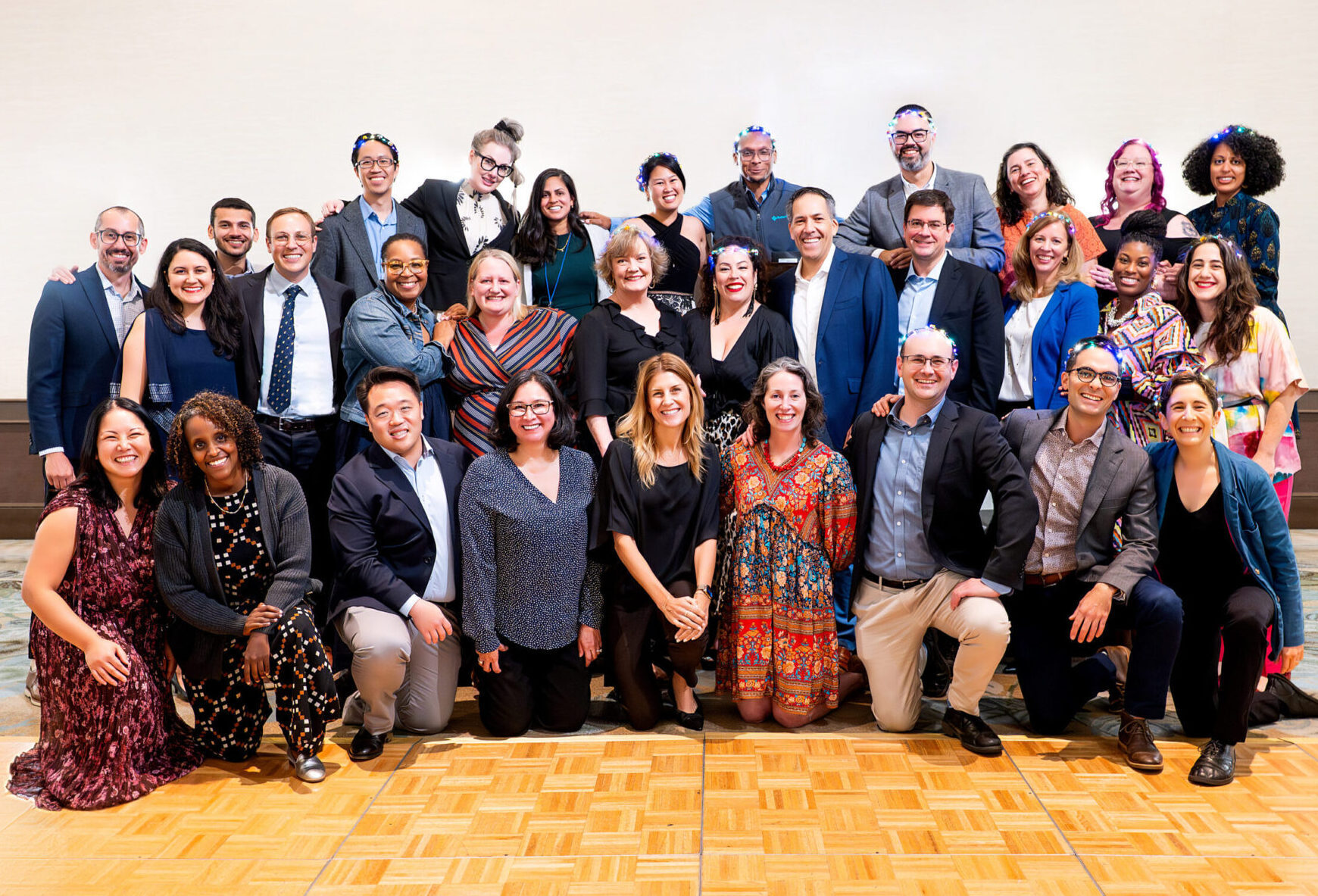Key Takeaways
- The Lay Counselor Academy effectively trains a diverse workforce to provide high-quality mental health support, with 74% of respondents reporting improved ability to help clients with mental health issues.
- Organizations with employees trained at the Lay Counselor Academy benefit from integrating lay counselors into their behavioral health services, allowing licensed staff to focus on higher-need cases.
- Program participants — 41% of whom identify as Latino/x and 63% of whom speak at least one language beyond English — better reflect California’s diverse communities than the current mental health workforce does.
The California Health Care Foundation commissioned Prism Partners Group to evaluate the Lay Counselor Academy (LCA), a program aimed at addressing California’s behavioral health workforce gaps by upskilling community health workers, case managers, first responders, and other health and social care workers to provide mental health counseling. These lay counselors provide mental health support comparable to that offered by licensed therapists, thus expanding access to mental health care. The evaluation underscores the LCA’s role in achieving positive outcomes for both participants and their employing organizations, despite inherent challenges in measuring long-term impacts on client care.
Program Overview
The LCA provides a comprehensive 65-hour training course over 14 weeks, designed to equip participants with mental health counseling skills. The curriculum includes evidence-based mental health counseling strategies, such as building and maintaining the therapeutic alliance, cognitive behavioral therapy, behavioral activation, and motivational interviewing. It employs a mix of synchronous and asynchronous learning modalities, which include live online sessions, self-directed activities, and practical role-playing exercises.
Evaluation Methodology
The evaluation was conducted over two years, drawing from qualitative and quantitative sources that consisted of environmental scanning, interviews with organizational leaders, and surveys of past participants. These tools helped identify the characteristics of LCA participants, the organizations that benefit from LCA-trained staff, and the course’s effectiveness in achieving its intended outcomes.
Findings
Participants from varied professional backgrounds report increased confidence and skills in evidence-based mental health counseling post-training. Seventy-four percent of respondents indicated improved ability to help clients with mental health issues. The training has led to organizational changes, such as enhanced job satisfaction and, in some cases, increased job responsibilities, though salary adjustments remain limited.
Organizational leaders who have had employees complete the LCA find it valuable. Organizations reported that integrating these lay counselors into their behavioral health services has allowed licensed staff to focus on higher-need cases, thus enhancing overall service delivery. Despite this, challenges remain around formalizing these roles and recognizing them financially and professionally within the health care ecosystem.
LCA graduates report increased job satisfaction and reduced burnout. Seventy-five percent of participants said their job satisfaction increased after the LCA, indicating that the program enhances their skills and professional fulfillment.
The LCA is advancing equity in the mental health workforce: LCA participants represent a more diverse demographic than the current mental health workforce. Forty-one percent of participants identify as Latino/x; 17% as Asian, Native Hawaiian, and Pacific Islander; 9% as multiracial; and 8% as Black. Sixty-three percent of participants in the LCA speak at least one language other than English. LCA participants reflect the communities they serve, bringing critical linguistic and cultural concordance to their mental health counseling work.
Recommendations
Although the LCA shows promise in expanding access to culturally responsive care and diversifying the behavioral health workforce, the evaluation recommends further research on client outcomes and the long-term impact on workforce retention. Establishing systematic measures for client care outcomes and exploring potential career pathways for lay counselors could solidify their role in addressing California’s mental health care challenges.
In conclusion, the LCA represents a critical step toward an inclusive and accessible mental health continuum of care, aligning with the broader goals of advancing health equity across California. The program’s continued development and systematic integration into the health care ecosystem could play a pivotal role in addressing both immediate and long-term shortages in the mental health workforce.
Read the full evaluation report on the Prism Partners Group website.





